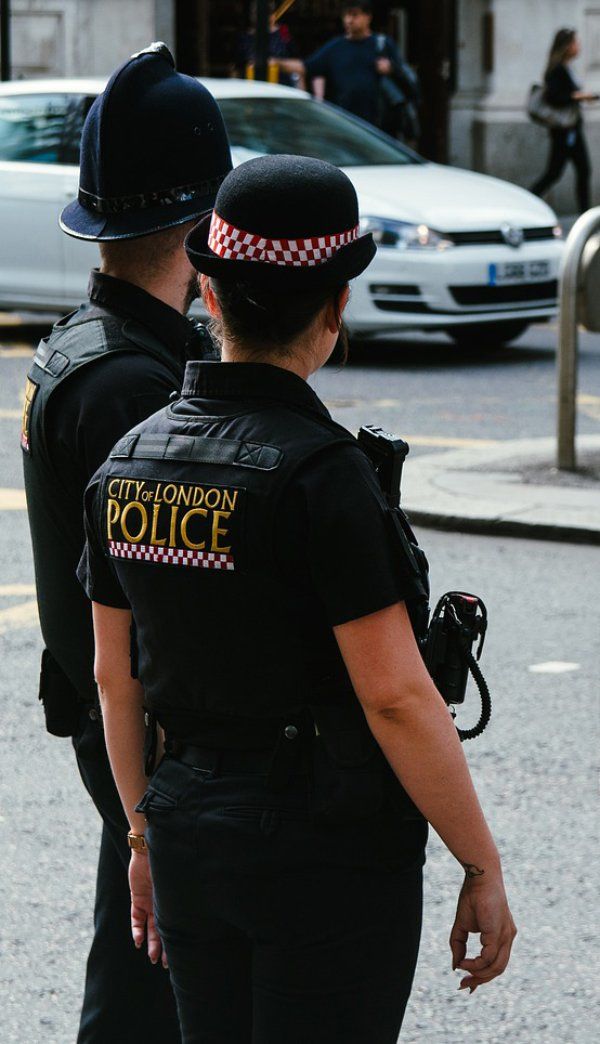Recently I noticed a picture on the wall of my dentist’s surgery, a glorious view of the sun setting over a lakeside where the water was perfectly still. I leaned forward to read what I hoped was a text, but was disappointed. The caption said: ‘If you always face the sun you will never see the shadows’.
I spent the remainder of my time there wondering what was so bad about shadows. I came to the conclusion that whoever had thought of those words had probably been given a good telling off by his shadow; or was it his conscience?
The conscience is a mysterious faculty, which, like the weather, has defied science and every technological advance. It is responsible for many conditions of body and soul which physicians cannot get to the bottom of. We can only guess at the problems inflicted by suppressing the conscience. People suffer many debilitating and even fatal illnesses as a result of stifling this faculty (1 Corinthians 11:28-30).

What is the conscience?
The conscience is a faculty of self-awareness that judges our actions to see whether they are in harmony with our standards or beliefs. Solomon said that the spirit of a man is the lamp of the Lord searching all the inner depths of his heart (Proverbs 20:27). So Solomon presents it as a faculty within us, attached to our minds, which operates on behalf of the Creator. It searches the inner motives behind the things we do, and lays bare our guilt — a personal ombudsman, if you like.
The laws of God are stamped on our constitution, and conscience stands alongside like a policeman (Romans 2:14-16). It is as intimate as our shadow. It can be silenced, bent, manipulated and corrupted. But whatever we do, the conscience retains a degree of independence. It has a habit of remembering its original standards and produces sensations of shame and guilt. No matter how determined we may be to reprogram our conscience, to conform it to what we think is right, the conscience is never fully corrupted and will unexpectedly reassert its existence in various ways (Isaiah 57:20-21).
Mr Recorder
The conscience remembers everything, and will bear witness to our wrongdoing on the Day of Judgement. In his Holy War, John Bunyan calls the conscience ‘Mr Recorder’. In John’s Gospel, chapter 8, the Pharisees’ sins were brought to mind so vividly that they were overcome.
They had brought a woman accused of adultery, but Jesus challenged the one who was sinless to throw the first stone in punishment. Soon the hypocritical religious leaders found their consciences, though long suppressed, cried out within them. They were compelled to slink away.
People try to silence the conscience by many means. They seek to wash it away with activity, like workaholics, or take the brute-force approach of burying it under sin and neglect. As the teacher in a rioting class becomes hoarse, speechless and silent, so the conscience is muted.

Cancelled sin
But it is hard to silence conscience when we lie helpless in bed, or when it forbids us sleep; or, again, when we feel insecure because we no longer know the worth of what we are doing, whether it is right or wrong.
On the other hand, the conscience is not just a faculty of warning; it is also reassuring. Not only does it speak out against wrong but it provides a sense of approval and peace when our conduct is right.
Nevertheless our conduct is never completely right, and the only true balm for the conscience is found in Christ, whose atoning death provides wonderful relief and cleansing from ‘an evil conscience’ (Hebrews 10:22). So Wesley could write:
He breaks the power of cancelled sin,
He sets the prisoner free.
His blood can make the foulest clean,
His blood availed for me.






